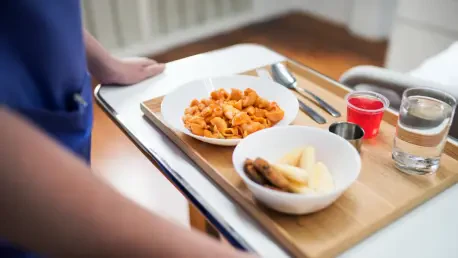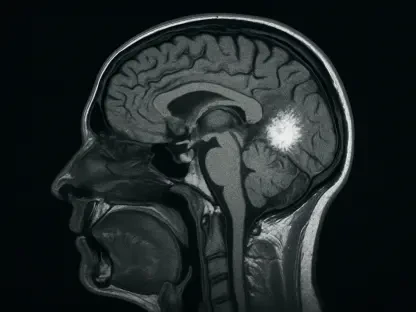For patients on the mend, a hot, safe, and on‑time meal can be as decisive as a well-timed dose of medicine, and District Hospital Peren chose to treat nutrition as care, not charity, by inaugurating a dedicated patients’ kitchen on November 20. The move reoriented attention from bedside alone to the broader ecosystem that shapes recovery, centering dignity and predictability in a place where both often feel scarce. At the launch, Deputy Commissioner Hiazu Meru framed the kitchen as an investment in health equity, praising a model where hygienic food service arrives with the same rigor as clinical rounds and pledging continued administrative support. Medical Superintendent Dr. Niriehthono Zetsuvi underlined the practical edge: a functional kitchen reduces anxiety for inpatients and families and frees clinicians to focus on treatment. Moreover, the presence of community and faith leaders signaled a coalition prepared to sustain the work beyond a ceremonial ribbon.
From Meal Line to Care Line
The kitchen’s promise did not rest on sentiment but on workflow, safety, and accountability—core elements of service delivery that often determine bed turnover and patient satisfaction. Standardized menus aligned with clinical needs could streamline glucose control, electrolyte balance, and antimicrobial tolerance, while reliable meal timing would improve medication adherence. In contrast with ad hoc food arrangements, centralized preparation enables temperature control, portion accuracy, and allergen tracking, with staff trained to maintain hygiene protocols. SMO Dr. M. Tentennok Jamir emphasized the expected gains in equity: every inpatient, regardless of socioeconomic status, receives the same safe meal at the same time. That commitment also frees families from the daily scramble for food in unfamiliar surroundings. Furthermore, integrating diet orders with ward schedules makes nursing less reactive and creates clearer handoffs. In short, the kitchen transforms meals from a variable to a constant.
A Community-Built Safety Net
If infrastructure sustains care, then collaboration sustains infrastructure, and the dedication prayer led by ZBCC’s Dr. Rampaukopoing Michui reflected a broader civic compact taking shape around the hospital. Chaired by SMO Dr. Hedungkiebe and attended by administrators, clinicians, staff, church leaders, and residents, the event established shared stewardship for funding, food sourcing, and oversight. Practical next steps included tying kitchen operations to measurable outcomes—readmission rates influenced by malnutrition, average length of stay in high‑risk wards, and patient‑reported satisfaction—while piloting culturally sensitive menus and pediatric portions. The administrative pledge by Hiazu Meru positioned the kitchen as a platform for further upgrades, from dietetic counseling to waste-to-energy initiatives. With contributors acknowledged and roles aligned, the launch set a workable path that respected resource limits, mitigated risks, and prioritized resilience. The case for nutrition as core care had been made.









